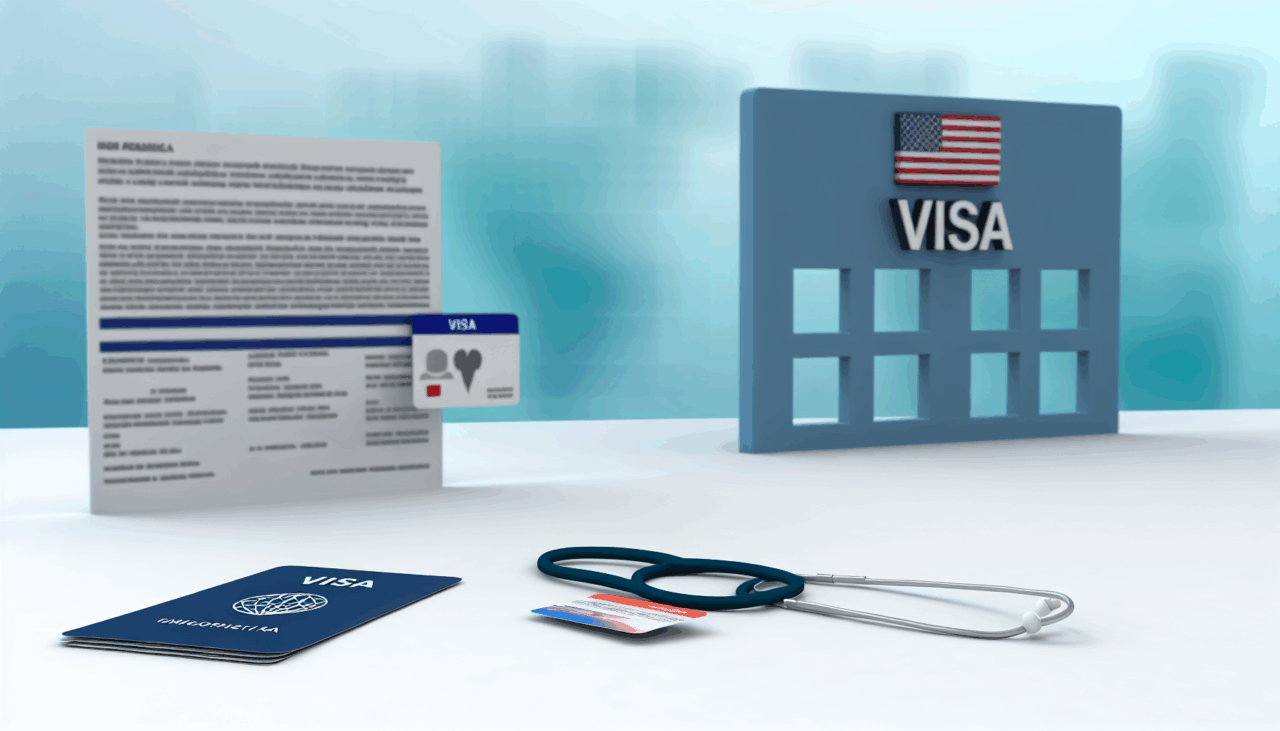Introduction
International medical residents play a crucial role in the U.S. healthcare system, particularly in underserved areas. However, recent visa delays and travel restrictions have prevented many from starting their positions, leaving hospitals without essential staff. This issue has been exacerbated by the Trump administration’s travel and visa policies, which have created significant barriers for foreign medical professionals.
Impact of Visa Delays on Medical Residents
The exact number of foreign medical residents affected by these visa issues remains unclear. However, interviews with several residents reveal that years of training and preparation have been halted by what is typically a routine procedural step. For instance, a Canadian resident matched to the University of Pittsburgh Medical Center Harrisburg had her visa denied due to her Afghan citizenship. She expressed feelings of helplessness but remains determined to pursue her career.
Concerns in the Medical Community
Initially, there was widespread concern that hundreds of residency positions, especially in low-income and rural areas, could be impacted. Although the pause on J-1 visa interviews was lifted in mid-June, the process of resolving these issues is ongoing. It will take weeks to determine how many residents have been delayed or blocked due to visa complications or the travel ban affecting 12 countries.
Challenges Faced by Foreign Medical Residents
Several foreign medical residents have reported difficulties in securing visa interview slots at U.S. embassies. A resident from Pakistan, matched to a Massachusetts program, highlighted the lost opportunity to treat patients due to these delays. The U.S. is projected to face a physician shortage in the coming years, and foreign medical residents are vital in filling these gaps. In 2025, over 6,600 international medical residents matched into U.S. programs, with an additional 300 filling vacant positions post-match.
Role of International Medical Graduates
International medical graduates often take positions in areas less favored by U.S. medical trainees. According to Donna Lamb, president of the National Resident Matching Program, these professionals are not just seeking prestigious positions but are committed to providing healthcare across America. They frequently work in specialties with high demand, such as internal medicine, which focuses on chronic conditions like diabetes and heart disease.
Personal Stories of Affected Residents
Dr. Zaid Alrashid from Brookdale University Hospital in New York emphasized the importance of residents, describing them as the backbone of hospitals. While most residents received their visas before the pause, some faced delays. Two residents from India have struggled to secure embassy appointments, and an Egyptian resident, despite securing a mid-August appointment, fears her program may not wait for her.
Ongoing Concerns and Future Implications
In California, leaders of graduate medical education programs reported a few residents caught in J-1 visa delays. A large healthcare system noted that two doctors in its program might start late or defer to the following year. Despite fewer than 20 requests to defer or cancel residency contracts, many foreign medical residents are determined to start their residencies, even if delayed.
Dr. Sabesan Karuppiah, a former director of a large residency program, noted that hospitals might struggle to replace residents who cannot make it, potentially impacting patient care. Foreign medical trainees who have arrived in the U.S. remain cautious, avoiding travel abroad due to uncertainty about re-entry.
Conclusion
The challenges faced by international medical residents highlight the critical role they play in the U.S. healthcare system. As visa issues persist, the need for a streamlined process becomes increasingly apparent to ensure that these essential professionals can contribute to addressing the nation’s healthcare needs.
🔗 **Fuente:** https://medicalxpress.com/news/2025-07-foreign-medical-residents-critical-positions.html

